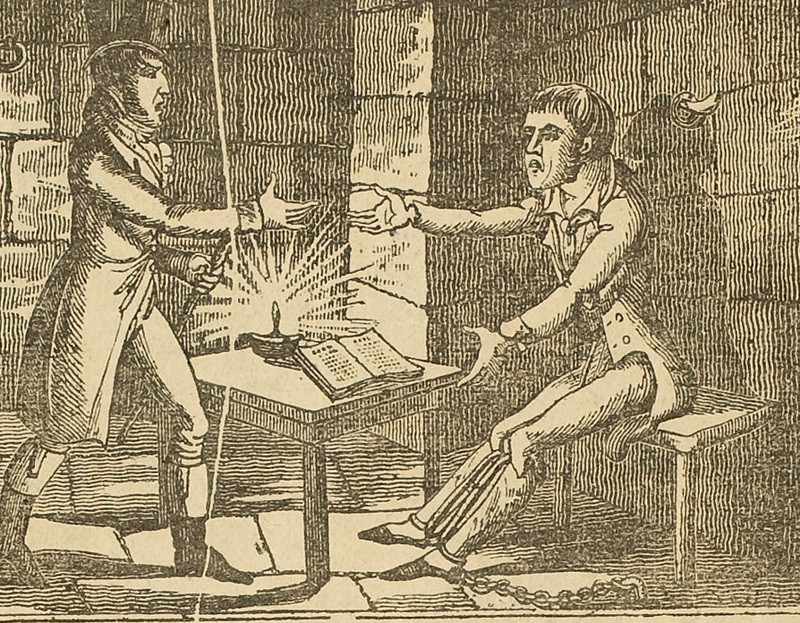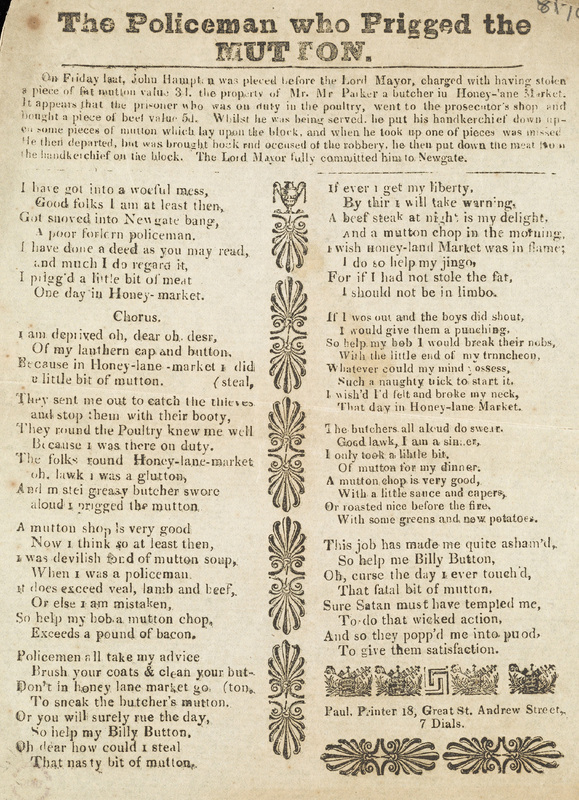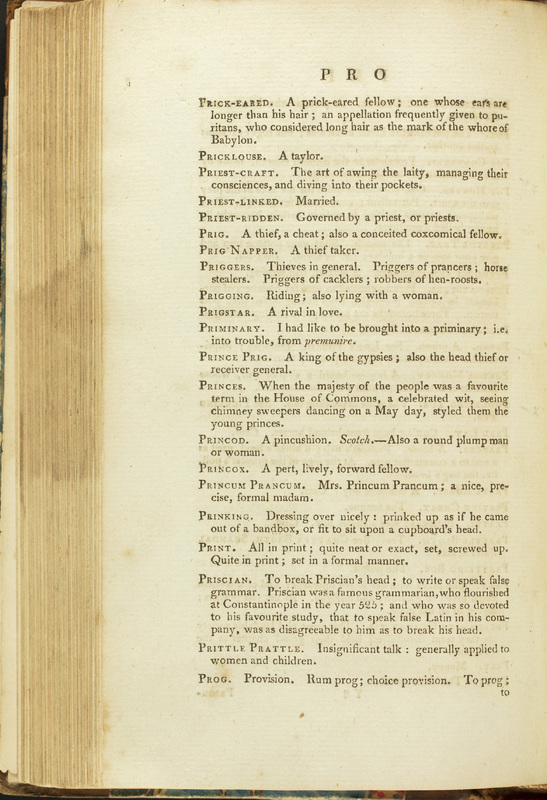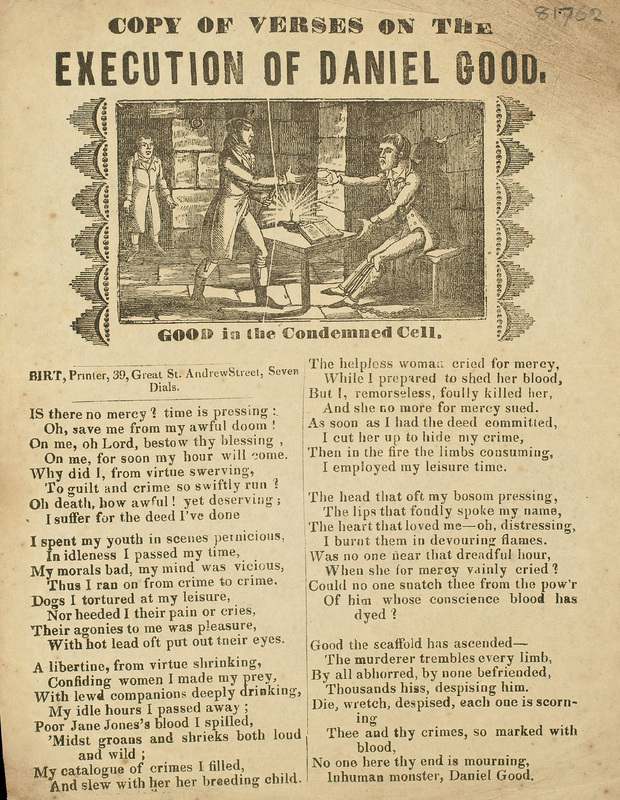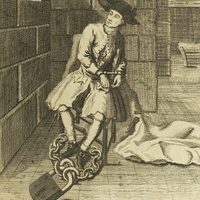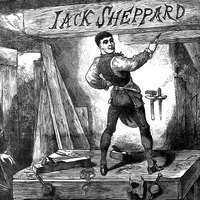The Broadside Ballad
The broadside, or single-sheet publication, has been around since the inception of printing. Because of their ephemeral nature, broadsides are used for announcements, news, and advertisements, to be read once and then thrown away. The oldest example of a printed broadside is a letter of indulgence printed by Gutenberg in 1454. Crime ballads proliferated throughout Europe (and later, America) between the 1600s and late 1900s. The stories depicted often underwent multiple mutations, becoming further distanced from the actual lives and events they depicted and closer to folk tales.
The classic ballad was constructed of alternating four-beat and three-beat lines, arranged into four-line verses with each even-numbered line rhyming. Usually, the broadside would present a combination of news report and ballad, with a summary of the event printed first. Rather than printing a new musical score, balladeers would often compose to the tune of hymns or folk songs. Occasionally a broadside ballad will elaborate: "to be sung to the tune of...'" but it is often assumed that the public will know the melody.
As shown in this dictionary of Cant and slang, to “prig” is to steal (as used in "The policeman who prigged the mutton"). “Thieves Cant,” otherwise known as “Argot” or “Low Speech,” was a jargon commonly used by criminals, beggars, hustlers, and vagabonds of the time. Cant was a common feature in publications about thieves and other criminals. The jargon is commonly believed to derive many words from Angloromani, the language of the Romani people. This dictionary was annotated by its owner, its spare pages contain scrawled puns, quotes, and dirty jokes.
The Seven Dials, where this broadside was produced, was one of the worst slums in London at the time. It was also the center of the 19th century ballad trade. A group of London’s most prolific balladeers called themselves the “Seven Bards of the Seven Dials.” Criminal confessions were frequently printed in broadsides, either collected from the condemned themselves or fabricated completely by the balladeer. They often took a moralistic tone that, nonetheless, made sure to share all the gory details.
